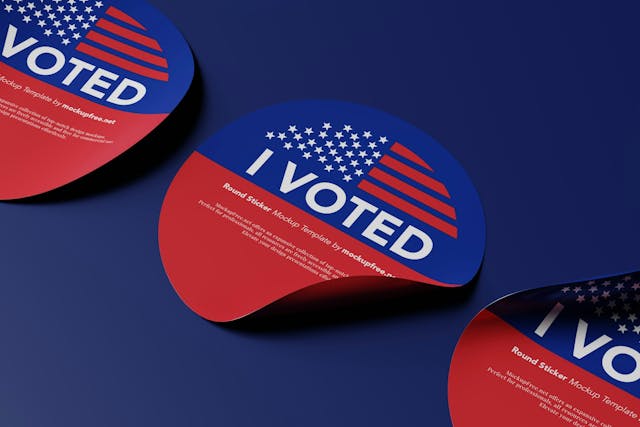PBS Educates Voters Nationwide on Restrictive Voting Laws with 'Ballot Watch'

The 2014 midterm elections are less than a month away and the GOP is poised to seize a majority in the Senate, though that would require winning some close races. Some are expected to come down to just a proportionally small amount of votes. RealClearPolitics rates 10 Senate races as “toss-ups” and 7 of them involve Democratic incumbents.
The difference between victory and defeat will come down to voter turnout, which in turn depends on voter access laws, which state governments have been keen to manipulate. In the past 5 years, 28 states have passed new voter laws.
IVN has long covered ballot access laws and voting rights issues and the upcoming elections are attracting extra attention from national media outlets, including PBS.
At the beginning of the month, PBS’ Frontline, a public affairs program that broadcasts in-depth documentaries, published Ballot Watch, an online database that analyzes "the laws that most impact Americans' access to the ballot box: who can vote, when and how they cast their ballots, and how that's changed in recent years.”
The database keeps track of changes to state voter laws since 2010 with special attention given to states with a history of voter discrimination. These states have been able to enact voter laws without federal oversight since the Supreme Court disabled Section 5 of the Voting Rights Act in its 2013 ruling in Shelby v. Holder.
Frontline’s most troubling finding is that 19 states have made it harder to vote since 2010, and 9 of these 19 states were formerly subject to Section 5 of the Voting Rights Act and managed to pass or implement restrictive voting laws shortly after the Supreme Court ruling. These states include Texas, Alabama, Mississippi, Georgia, South Carolina, North Carolina, Virginia, Tennessee, Arkansas, and Florida -- all these states once implemented Jim Crow laws that lasted well into the 20th century.
Only 6 states -- Colorado, Delaware, Hawaii, Minnesota, Montana, and Washington -- have passed laws making it easier to vote.
Many states still do not allow early voting. An outright majority heavily restrict felons from voting, which disproportionately affects minorities who are targeted for felonies (most of them non-violent, drug-related) far more than their white counterparts, despite the fact whites are more likely to abuse drugs.
Additionally, several states passed Voter I.D. laws.
The only good news is that a few states have eased restrictions on absentee voting, most notably Colorado and Washington, which have joined Oregon as all-mail voting states.
Visitors to the Ballot Watch page can look up their state’s current voter laws, which are highlighted in shades of green or red depending on how free or restrictive the laws are in comparison to the national average.
Frontline’s interactive feature is a welcome addition to the national conversation on voting and ballot access, but as it quietly makes clear, voting issues are closely tied with fundamental identity issues that mainstream American society is still reticent to confront.



